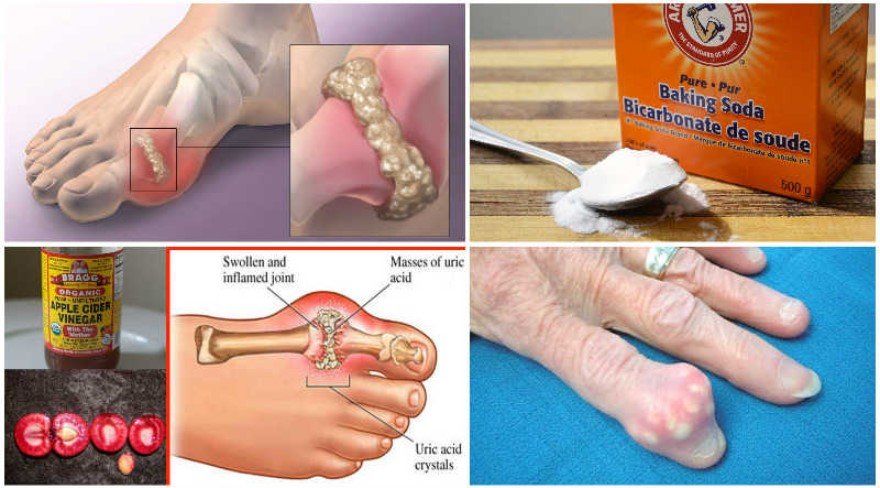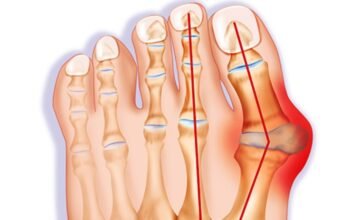Gout is a painful and complex form of inflammatory arthritis that affects millions of people worldwide. At the heart of this condition lies the formation of uric acid crystals, which can cause excruciating joint pain and inflammation. Understanding how these crystals form and how to manage them is crucial for those suffering from this condition.
What Are Gout Crystals?
Gout crystals, specifically monosodium urate (MSU) crystals, are microscopic formations that develop when uric acid levels in the blood become too high. These sharp, needle-like crystals accumulate in joint spaces, particularly in the big toe, causing intense pain and swelling. When these crystals form, they trigger the body’s inflammatory response, leading to what’s commonly known as a gout attack.
Understanding the Causes of Uric Acid Crystallization
Several factors contribute to the formation of uric acid crystals:
- Diet: Foods high in purines, such as red meat, organ meats, and certain seafoods, can increase uric acid production
- Genetics: Some people are predisposed to higher uric acid levels due to inherited traits
- Kidney Function: Reduced kidney efficiency can prevent proper uric acid elimination
- Lifestyle Factors: Obesity, excessive alcohol consumption, and high sugar intake can exacerbate uric acid buildup
Recognizing Symptoms and Diagnosis
Gout typically manifests through sudden, severe joint pain characterized by:
- Intense joint pain, often in the big toe
- Redness and swelling
- Limited range of motion
- Warm, tender joints
Doctors diagnose gout through various methods, including:
- Joint fluid test to identify uric acid crystals
- Blood tests to measure uric acid levels
- Ultrasound or X-ray imaging
Medical Treatments for Uric Acid Management
Several medications can help control uric acid levels and prevent crystal formation:
- Allopurinol and Febuxostat: Reduce uric acid production
- Probenecid: Helps the kidneys eliminate uric acid more efficiently
- Colchicine: Reduces inflammation during acute gout attacks
- Corticosteroids: Provide rapid inflammation relief
Lifestyle Changes to Prevent Gout
Managing gout isn’t just about medication. Lifestyle modifications can significantly reduce the risk of crystal formation:
- Maintain a healthy weight
- Stay hydrated
- Limit alcohol consumption
- Avoid high-purine foods
- Exercise regularly
- Manage underlying health conditions like diabetes and hypertension
Natural Remedies and Complementary Approaches
While not a replacement for medical treatment, some natural remedies may help manage gout:
- Cherry extract, which has anti-inflammatory properties
- Vitamin C supplements
- Herbal supplements like bromelain
- Acupuncture and massage therapy
Prevention and Long-Term Management
The key to managing gout is a comprehensive approach that combines medical treatment, dietary changes, and lifestyle modifications. Regular check-ups, monitoring uric acid levels, and working closely with healthcare providers can help prevent painful gout attacks and minimize long-term joint damage.
Remember, while gout can be challenging, it is a manageable condition. With the right knowledge, treatment, and proactive approach, individuals can significantly reduce their symptoms and improve their quality of life.






